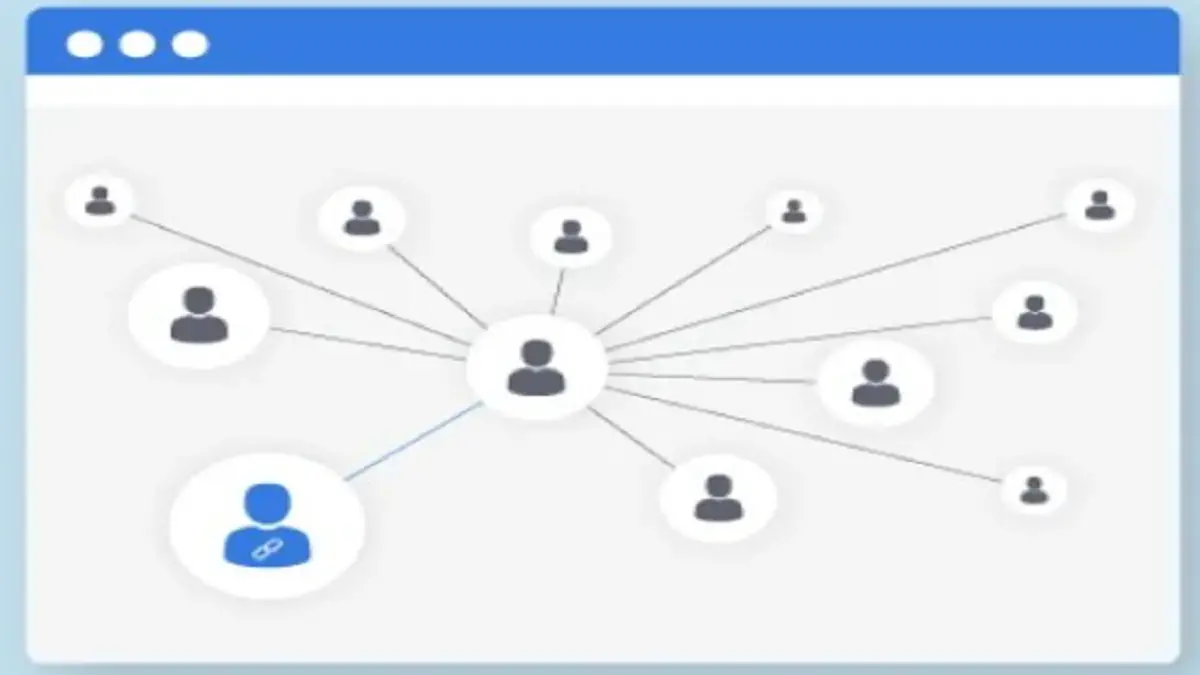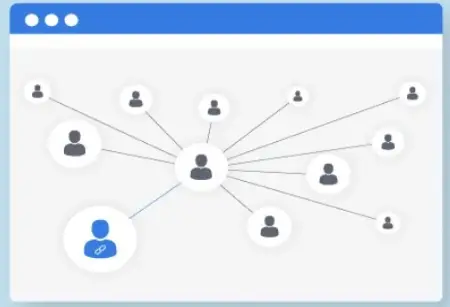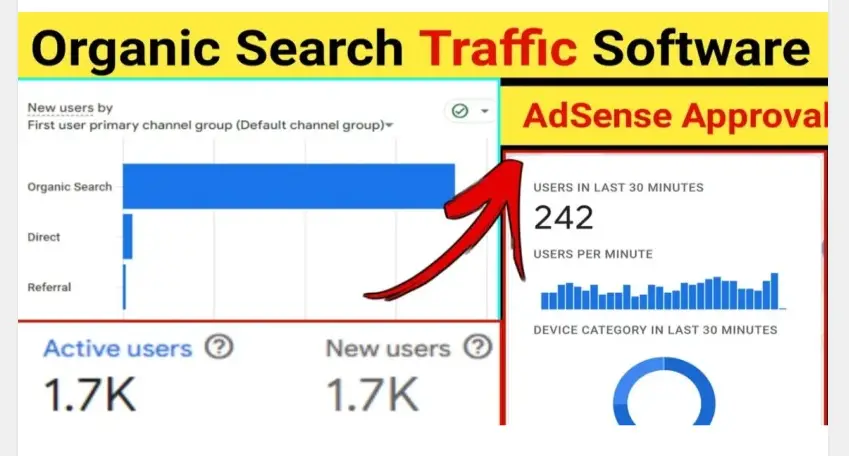Top 500 Refer Links

Introduction to Refer Links
In the expansive digital landscape, refer links are vital for discovering new websites and for search engines to evaluate their value. Whether you’re an experienced webmaster or new to SEO, understanding refer links is crucial for establishing a strong online presence.

What Are Refer Links?
Refer links, commonly known as backlinks, are hyperlinks that direct users from one webpage to another. They serve as pathways connecting different areas of the web. When one website links to another, it acts as a vote of confidence, indicating to search engines that the referred site offers valuable information.
Why Are Refer Links Crucial in SEO?
Refer links have long been a cornerstone of SEO strategy. They help search engines like Google assess the credibility and relevance of a site. The more high-quality refer links a page has, the more authority it gains in the eyes of search algorithms.
The Evolution of SEO and Refer Links
SEO has evolved from simply keyword stuffing to more sophisticated practices. Today, search engines prioritize the quality of backlinks over quantity. A few well-placed, authoritative refer links can be far more beneficial than hundreds of low-quality ones.
How Refer Links Boost Website Traffic
In addition to improving SEO rankings, refer links directly drive traffic to your website. When users click on a refer link, they are guided from one relevant page to another, creating a seamless flow of information. The more organic and useful the links, the higher the chances of users clicking on them.
Types of Refer Links
Not all refer links are equal. They mainly fall into two categories:
Internal Links
Internal links connect different pages within the same website. They help users navigate your site and allow search engines to crawl and index pages effectively. Proper internal linking enhances your site’s structure and supports SEO.
External Links
External links direct users from your site to another website. These links are crucial because they show search engines that you’re connecting your content to authoritative sources, building credibility.
The Role of Refer Links in SEO
How Search Engines Use Refer Links
Search engines, particularly Google, incorporate refer links into their ranking algorithms. The more high-quality backlinks a page has, the more authoritative it appears, increasing its chances of ranking higher in search results.
Benefits of Quality Refer Links for SEO
- Enhancing Domain Authority: Links from reputable sites boost your site’s trustworthiness, enhancing domain authority and positively affecting search rankings.
- Improving Page Rank: Page rank evaluates the number and quality of backlinks. A higher page rank translates to better visibility in search engine results, leading to more organic traffic.
- Building Online Trust and Credibility: High-quality refer links signal reliability to both users and search engines, increasing the likelihood of return visits.
Best Practices for Using Refer Links
How to Identify High-Quality Refer Links
- Relevance and Authority of the Referring Website: Aim for backlinks from sites relevant to your niche with strong authority, as they hold more weight in SEO.
- Contextual Linking and Anchor Text: Use descriptive and relevant anchor text for links, avoiding generic phrases like “click here,” which lack context for search engines.
Avoiding Common Pitfalls in Refer Linking
- Overuse of Links: While important, too many links can overwhelm users and dilute the SEO value of your page.
- Spammy or Unnatural Links: Steer clear of low-quality or spammy websites. Search engines penalize sites that engage in link schemes or use unnatural linking methods.
Strategies for Building Refer Links
- Creating Shareable Content: High-quality, shareable content like articles, infographics, and research is more likely to attract backlinks.
- Guest Blogging and Collaborations: Guest blogging on reputable sites helps build refer links while expanding your audience. Collaborations with influencers can also generate valuable backlinks.
- Leveraging Social Media for Link Building: While social media links may not carry the same SEO weight, they can still drive traffic and enhance visibility.
- Reaching Out for Link Partnerships: Contact relevant websites in your niche to suggest mutually beneficial link partnerships.
Tools for Managing and Monitoring Refer Links
Best Tools to Track Refer Links
- Google Analytics: Tracks traffic from refer links, providing insights into performance.
- SEMrush: Offers a comprehensive backlink tracking tool to monitor link-building efforts and analyze refer link quality.
- Ahrefs: A powerful tool for tracking refer links, offering insights into your backlink profile and competitor strategies.
The Future of Refer Links in SEO
Changing Algorithms and Refer Link Impact
As search engines evolve, so will the role of refer links. While still a key factor in SEO, algorithms are increasingly focusing on user experience, content relevance, and engagement metrics.
The Shift Toward User-Centric SEO
As user behavior gains importance, refer links must enhance user experience. The era of linking solely for SEO is fading, with the future centered around providing genuine value.
How to Future-Proof Your Link Building Strategy
To stay competitive in SEO, focus on creating a network of high-quality, relevant refer links. Invest in content that naturally attracts links and avoid shortcuts like purchasing backlinks, which can result in penalties.
OTHER USEFUL TOOLS
Diabolic Traffic Bot Pro for Free












